Downloads
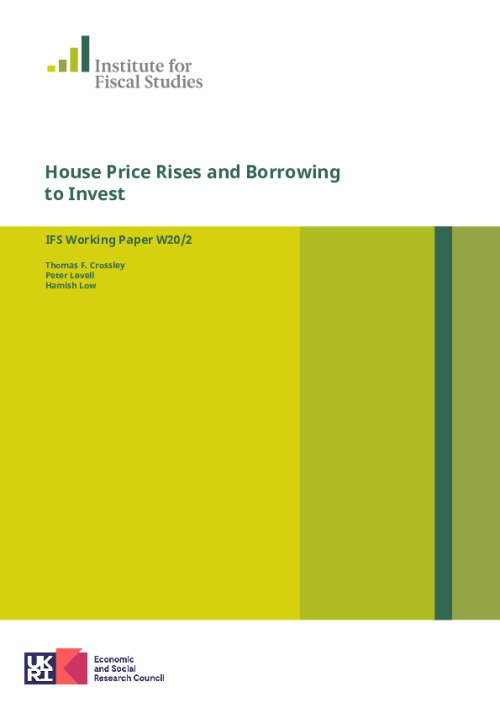
WP202002-House-Price-Rises-and-Borrowing-to-Invest1.pdf
PDF | 761.34 KB
Household borrowing and spending rise with house prices, particularly for leveraged households, but household spending is not consumption. We propose an alternative borrow-to-invest channel by which house price gains affect household spending on residential investment. We show that rational, leveraged households have an incentive to make additional residential investments when house prices rise. Our empirical compares responses in different kinds of spending across more and less leveraged households. We find strong evidence of the borrow-to-invest channel in UK data. Credit constraints matter through reducing access to leveraged returns and so reducing lifetime resources, rather than through consumption smoothing.
Authors

Research Fellow University of Oxford
Hamish is the James Meade Professor of Economics at the University of Oxford, a Professorial Fellow of Nuffield College and a Research Fellow at IFS.

Research Fellow University of Michigan
Tom is a Research Fellow at IFS, a Research Professor for the Institute for Social Research at the University of Michigan.

Associate Director
Peter joined in 2009. He has published several papers on the microeconomics of household spending and labour supply decisions over the life-cycle.
Working Paper details
- DOI
- 10.1920/wp.ifs.2020.220
- Publisher
- The IFS
Suggested citation
T, Crossley and P, Levell and H, Low. (2020). House Price Rises and Borrowing to Invest. London: The IFS. Available at: https://ifs.org.uk/publications/house-price-rises-and-borrowing-invest (accessed: 30 June 2024).
More from IFS
Understand this issue

Raising revenue from closing inheritance tax loopholes
18 April 2024

Why inheritance tax should be reformed
18 January 2024

How important is the Bank of Mum and Dad?
15 December 2023
Policy analysis
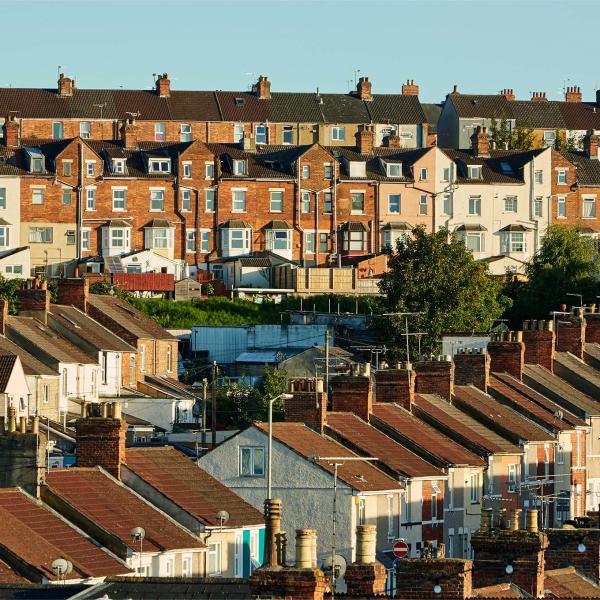
Making mortgage guarantees permanent will help some first-time buyers, but only if they can afford a bigger mortgage
6 June 2024
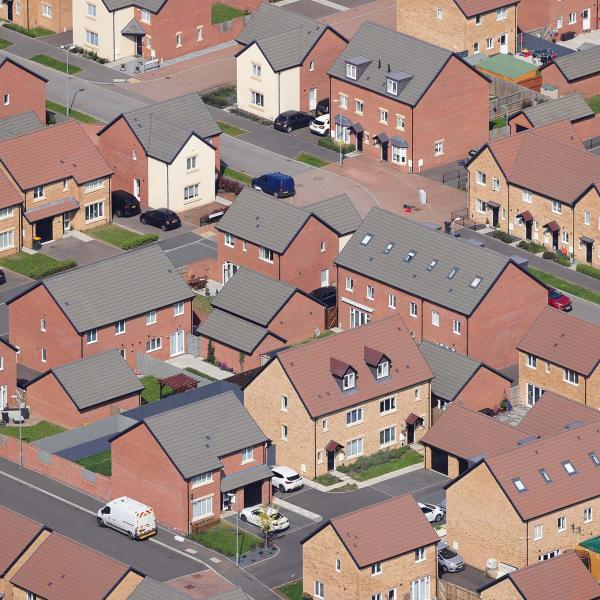
Homeownership for young adults has recovered to its 2010 level
29 May 2024

Reforming the taxation of non-doms: policy options and uncertainties
4 March 2024
Academic research

The intergenerational elasticity of earnings: Exploring the mechanisms
3 June 2024
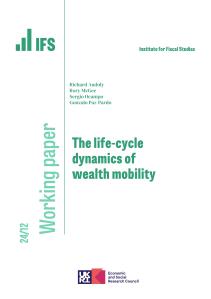
The life-cycle dynamics of wealth mobility
10 April 2024
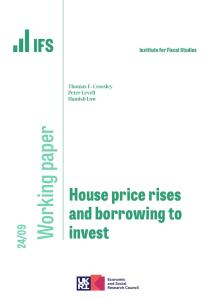
House price rises and borrowing to invest
27 March 2024